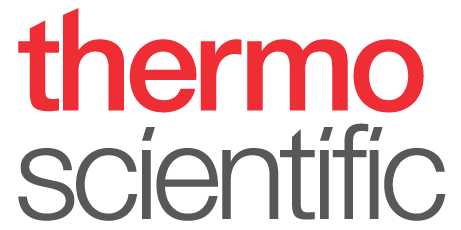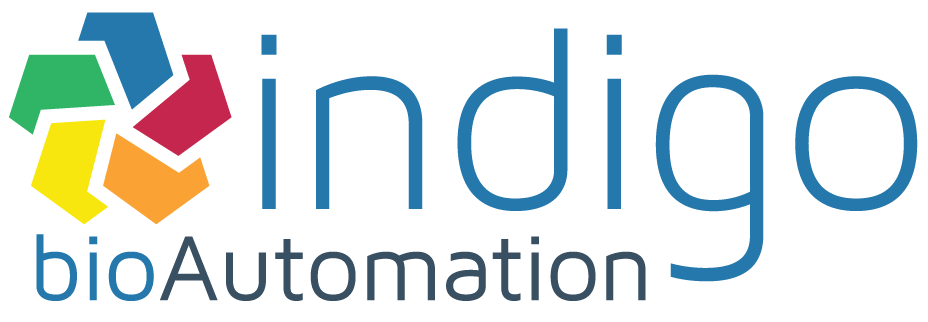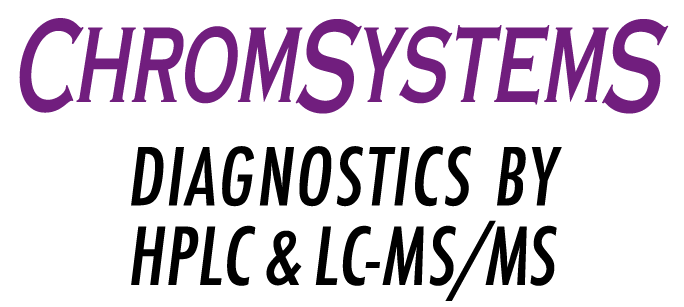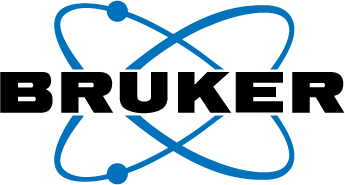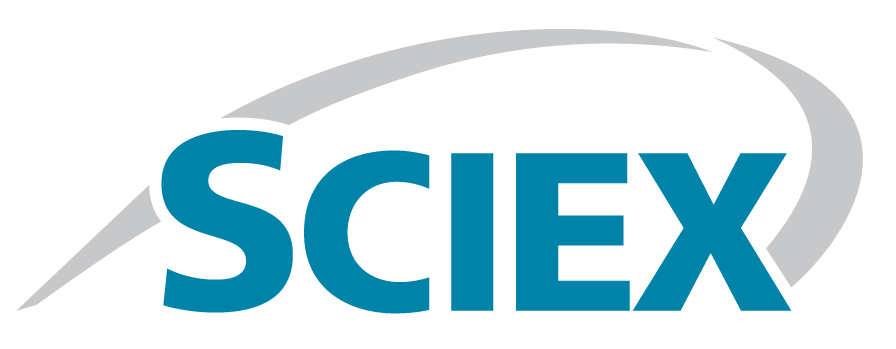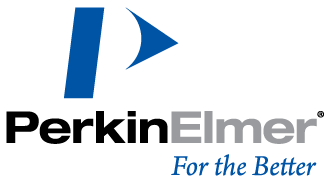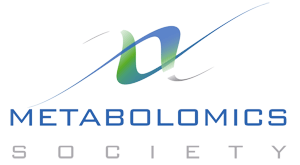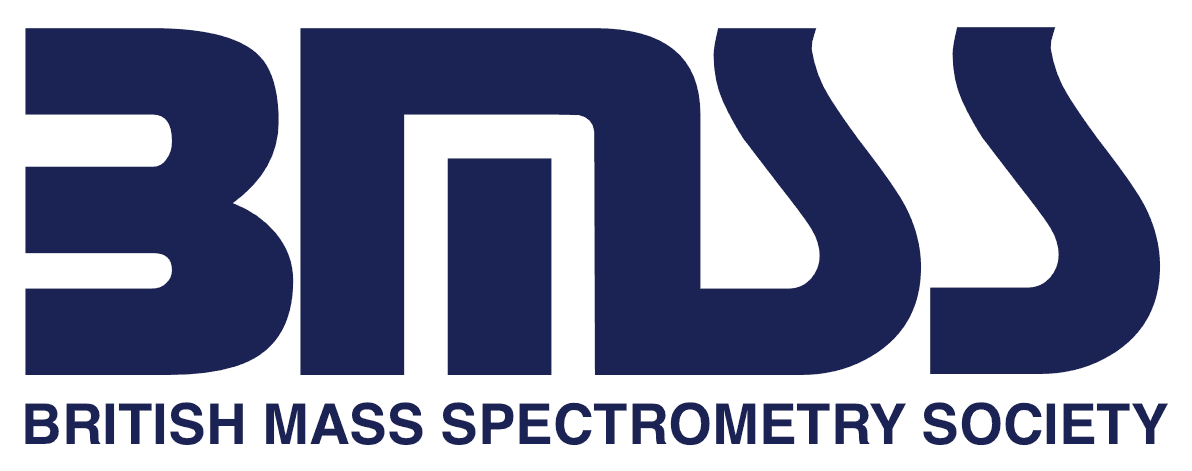MSACL 2017 USPalm Springs: Jan 22-26 |
Details
MSACL US
|
Description
MSACL 2017 US
9th Annual Conference & Exhibits
Palm Springs Renaissance Hotel and Convention Center
Palm Springs, CA
January 22 - 26, 2017
Program Description
The MSACL Conference provides a forum for discussion of developments in the clinical application of mass spectrometry. While immunoassay methods have dominated clinical analyses, mass spectrometric methods are now providing analytical results more rapidly and with less expense. MSACL brings together experts in the field with those driven to explore and understand clinical mass spectrometry, with the goal of facilitating mass spectrometry's adoption as a health care tool and accelerating the realization of improved patient care and reduced health care costs.
Scientific Program Tracks
The Scientific Program tracks focus on the following topic areas: Small Molecule Analysis, Proteomics, Metabolomics, Tissue Imaging and Microbiology.
Practical Training Track
In addition, MSACL also provides a track dedicated to Practical Training in clinical mass spectrometry. This track is intended to be a tutorial, with an emphasis on "how to" rather than the presentation of cutting-edge research. This track encourages active attendee interaction and participation to facilitate the learning process.
View Practical Training presentations from previous MSACL conferences
Travel Grant Program
MSACL's mission is educational and the organization provides several levels of Educational Travel Grants to support conference attendance:
- Young Investigator Grants: Young investigators, in the first four years of their academic position, who submit an abstract which is accepted for presentation (poster/podium) at the annual conference. Applicants must submit a short application.
- Trainee Grants: Lab Directors-to-be interested in learning more about what mass spectrometry is and how it could potentially improve results and reduce costs in their clinical laboratory are not required to submit an abstract, but must submit a short application.
- Lab Director Grants: Current Lab Directors interested in learning more about what mass spectrometry is and how it could potentially improve results and reduce costs in their clinical laboratory are not required to submit an abstract, but must submit a short application.
It's the abstracts that make the meeting. Are you working in clinical mass spectrometry and have compelling results that you want to present at the most focused clinical mass spec meeting in the world? Submit your abstract for the MSACL Conference.
MSACL focuses on topics includingsmall molecule analysis, pain management, microbiology, chemistry/toxicology, proteomics, metabolomics, tissue imaging, and regulations and standards. A comprehensive list is below.
Abstract Submission Categories for MSACL 2017 US
*Note: Abstracts are solicited for the topics listed below, however, if no abstracts are submitted and accepted on any given topic then it will not be covered at the conference.
- Endocrinology
- Metabolomics
- Microbiology/Virology
- Practical Training
- Proficiency, Regulations, Standards
- Proteomics
- Small Molecules / Tox
- Tissue Imaging & Analysis
- Troubleshooting
- Troubleshooting with Grand Rounds
- Various OTHER
Target Audience
The target audience for this program includes pathologists, clinical laboratory directors and scientists, mass spectrometry and automated sample processing providers as well as laboratory diagnostic providers. This program will be beneficial to healthcare administrators, laboratory quality control and standards scientists, as well as those responsible for implementation of clinical analyses for emergency response due to terrorism or accident.
Needs Assessment
This meeting will be critical to share emerging analytical information and work concerning regulations and standards. The goal of MSACL is to create an environment through which participants will be able to identify opportunities to develop the capacity to provide higher quality results, more rapidly and for lower overall cost, for patients within the healthcare system.


